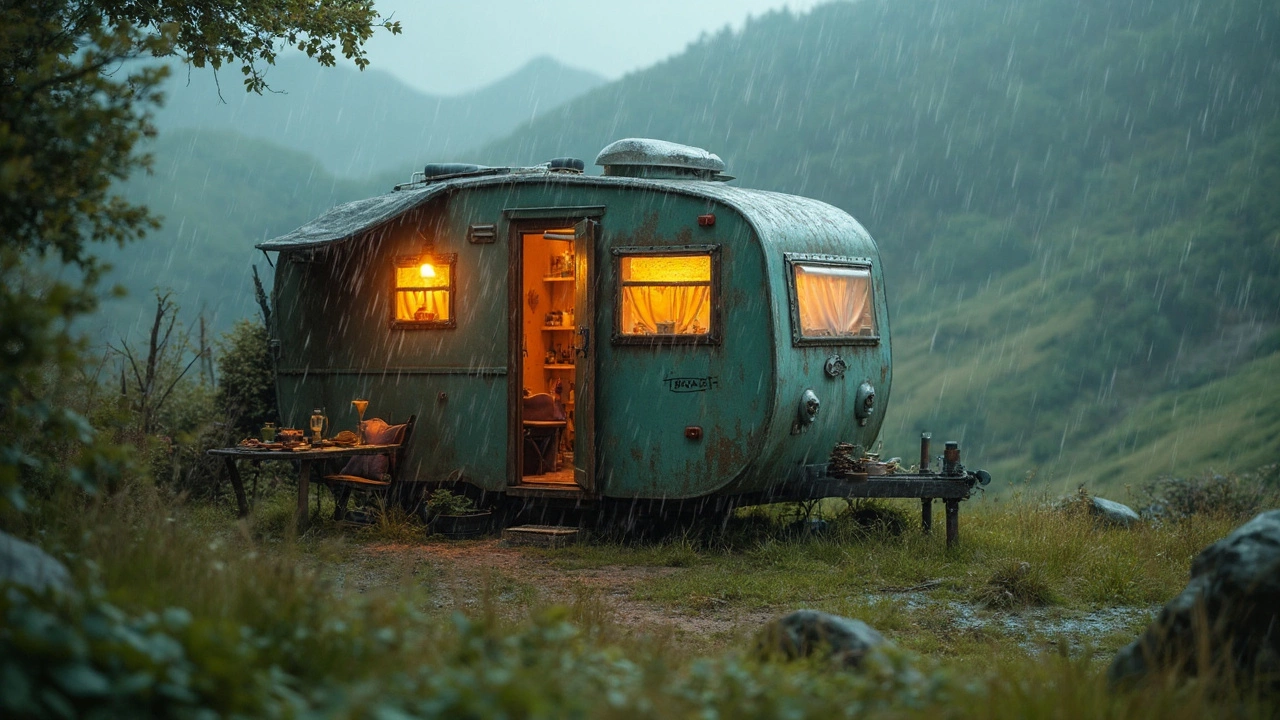Disadvantages of Motorhome Travel: The Real Talk
If you love the idea of a home on wheels, you’re not alone. But before you book a motorhome, you should know the practical downsides. Ignoring them can turn a dream trip into a costly headache.
Hidden Costs That Add Up Fast
Everyone mentions the rental price, yet fuel, insurance, campsite fees, and maintenance often exceed the budget you first imagined. A midsize motorhome can guzzle 12‑15 mpg, so a 500‑mile road trip might cost as much as a weekend hotel stay. Insurance premiums rise sharply if you travel across borders, and many hire firms add extra charges for extra mileage or cleaning. Don’t forget campsite charges for electricity, water, and waste disposal – they can be £15‑£30 per night at popular spots.
Space Limits and Comfort Issues
Living in a compact cabin feels great at first, but soon you’ll notice the tight kitchen, low ceilings, and limited bathroom facilities. Cooking a simple meal for two can become a juggling act when the countertop is the size of a laptop. The bathroom often shares space with the sleeping area, and you’ll need to empty tanks regularly – a task many first‑timers forget until the tank is full and the smell hits.
Another snag is the lack of privacy. Even the best layouts have walls that are only a few inches thick. If you’re traveling with family, arguments over sleeping positions or temperature control can flare up quickly.
Driving a motorhome also means handling a big vehicle on narrow roads, tight parking spots, and steep hills. Many drivers underestimate the turning radius, leading to accidental scrapes or blocked lanes. In rural areas, some campsites lack proper drainage, leaving you stuck in mud after a rain.
Maintenance is another silent drain. Regular oil changes, tire pressure checks, and brake inspections are essential, but they add time and expense. Breakdowns on remote roads mean you’ll need roadside assistance, which isn’t always covered by the rental agreement.
Finally, there’s the environmental impact. Larger engines emit more CO₂, and waste water from grey‑water tanks can affect fragile ecosystems if not disposed of responsibly. Many eco‑conscious travelers opt for smaller, fuel‑efficient vans to reduce their footprint.
Balancing the thrill of freedom with these drawbacks helps you make an informed choice. If you can plan for extra costs, schedule regular maintenance, and accept the limited space, motorhome travel can still be a rewarding adventure. Otherwise, consider alternatives like campervan hire, glamping, or traditional camping, which often sidestep the biggest pain points.
Disadvantages of Living in a Caravan You Should Know
Living in a caravan can sound adventurous and freeing, but it comes with its share of challenges. Limited space, lack of privacy, and maintenance issues are just a few hurdles residents often face. Additionally, the lifestyle might involve dealing with fluctuating weather conditions and unstable living costs. Understanding these factors can help make an informed decision about embracing this lifestyle.
